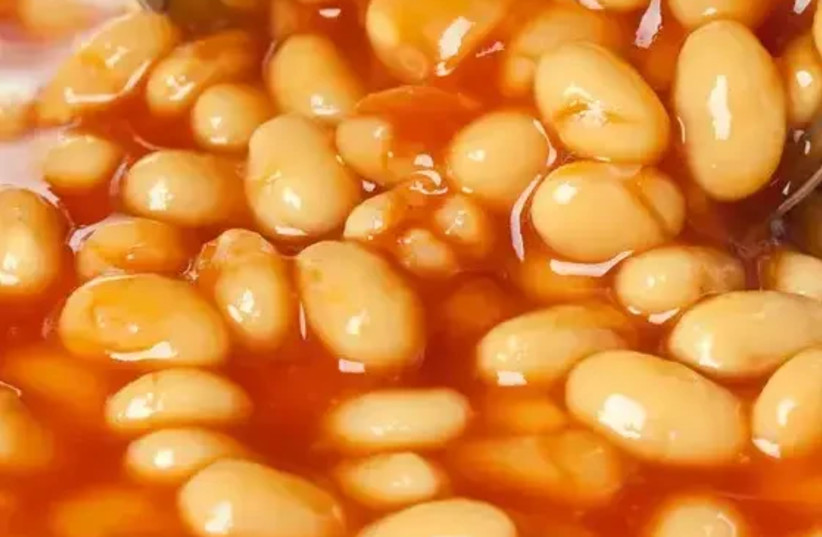We are currently facing a period of imbalance and stress, where our usual healthy habits have been replaced by emotional eating and anxiety. It is crucial to maintain a resilient and healthy eating routine during these difficult times. Research suggests that following a Mediterranean diet can contribute to mental resilience and boost the immune system. This diet encourages people to eat whole plant foods, lean proteins like fish and chicken, and limits sugar, sodium, and saturated fat. Here are a few suggestions on stocking your pantry with non-perishable foods that are both nutritious and delicious.
High-quality proteins: tuna, sardines and canned fish
Fish is an excellent source of high-quality protein that promotes satiety and supports growth and development. It is also rich in omega-3 fatty acids and vitamin D, which are essential for brain health and reducing inflammation. Fish contains the amino acid tyrosine, a building block for dopamine, a neurotransmitter associated with pleasure and motivation.
Cereals: Oat
Oat, a member of the cereal family, is known for its ability to keep one full for a long period of time. The unique fibers in oats support digestive health and promote a healthy gut microbiome, which positively impacts mood. Additionally, oats are a great source of tryptophan, a precursor to serotonin, a hormone that contributes to mental well-being. Opt for boiling oats in water rather than instant oatmeal for maximum health benefits.
Good fats: Walnuts, pecans, almonds and tahini
Nuts and almonds provide "good fats" that are rich in vitamin E, antioxidants, and zinc, all of which are essential for a strong immune system and combating cellular aging and inflammation. A controlled daily intake of a handful of nuts and almonds is recommended. Tahini, another source of "good fats," is also a great plant-based protein option. Choose whole raw tahini for its higher content of calcium, magnesium, zinc, iron, and dietary fiber. It is also a good source of tryptophan.

Plant proteins: Chickpeas, lentils, beans and other canned legumes
Canned legumes are an excellent way to incorporate protein-rich legumes into your diet. They have a low glycemic index and keep you feeling full for longer. Legumes are low in saturated fat and packed with antioxidants, which are crucial in times of stress and anxiety. They also provide dietary fiber and essential minerals. Canned legumes do not contain preservatives and their long soaking process favors better protein digestion.
Sweets: Halva, dark chocolate and dried fruits
Indulging in sweets is normal, especially during periods of anxiety. However, it is important to choose nutritious options:
- Halva: Made from sesame seeds, a great source of tryptophan that supports mood and stress reduction.
- Dark chocolate: High in antioxidants and tryptophan, it can improve your mood.
- Dried fruits: Packed with vitamins, minerals, and dietary fiber. Opt for unsweetened varieties.
Healthy drinking: Water, green tea and relaxing infusions
Staying hydrated is essential for maintaining proper fluid balance and preventing dehydration, stress, and anxiety. Green tea and herbal infusions like chamomile, lavender, and lemon balm promote relaxation and improve sleep quality. Green tea is rich in antioxidants and contains L-theanine, an amino acid known for its calming effects on anxiety and stress.
While these pantry staples are beneficial during stressful times, it is important to include fresh and frozen vegetables, fruits, legumes, whole grain breads, yogurt products, and fresh fish in your daily menu whenever possible. These foods are essential components of a Mediterranean diet that supports overall wellness.
This article was written by Hadas Yariv, a science and nutrition consultant for Barake.
